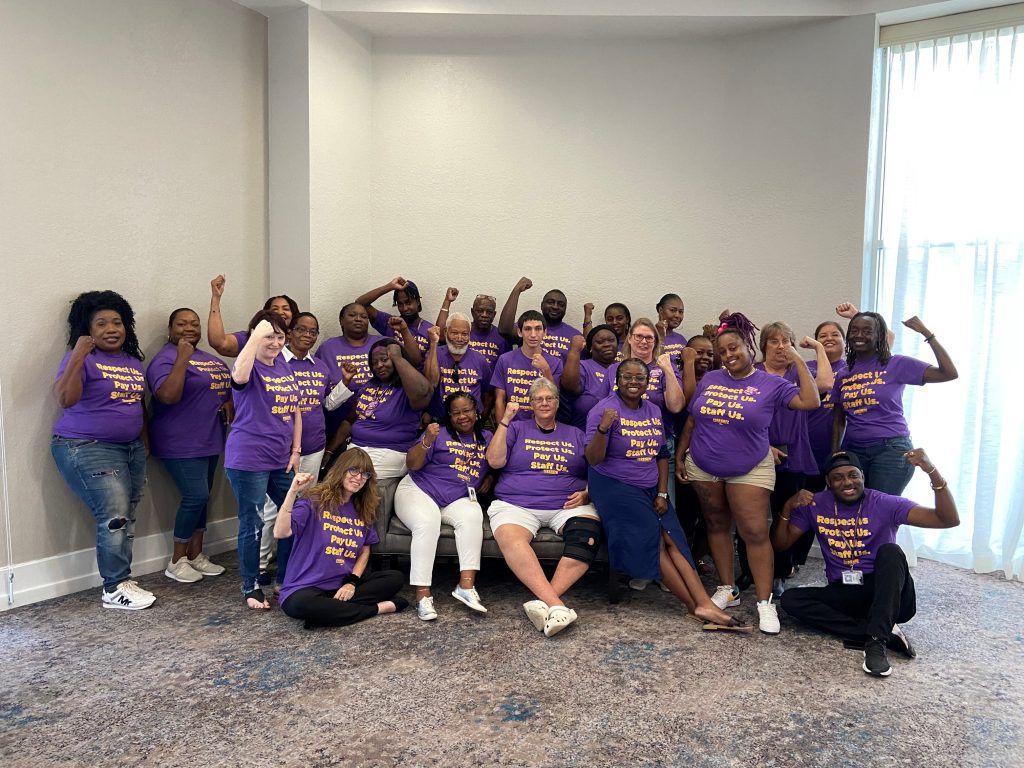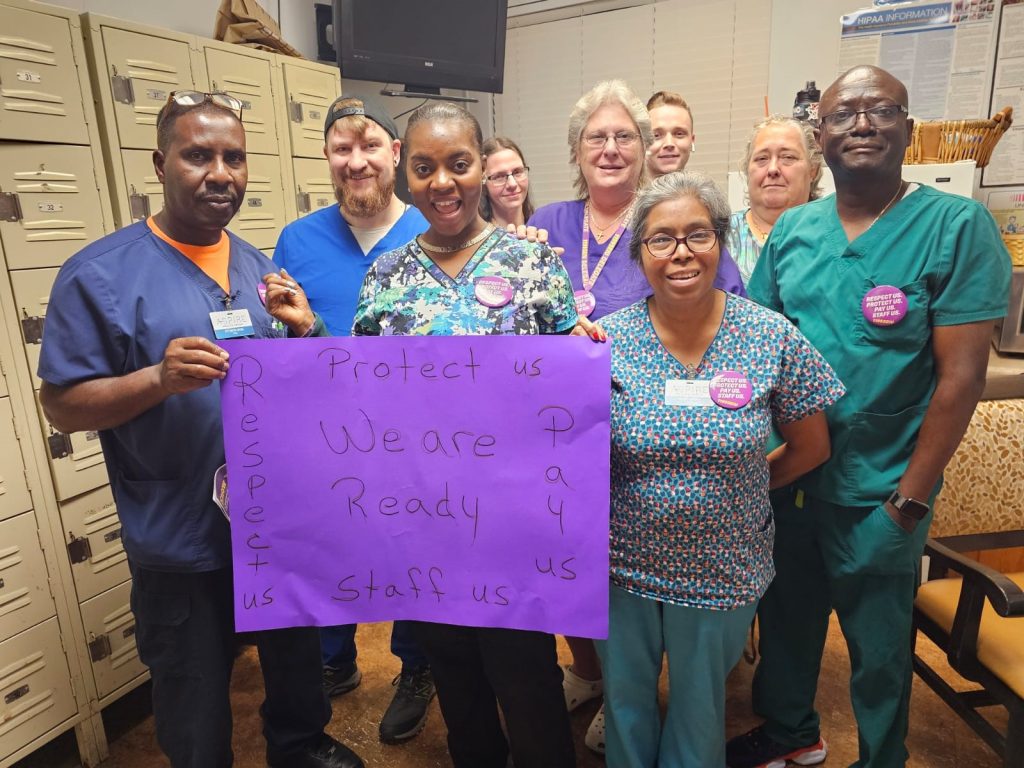By Brittany Davis
July 1, 2011
Nursing home residents may have less face time with their caregivers after a law takes effect today that revises minimum staffing levels.
The law is part of an effort to help nursing homes deal with the $187.5 million in Medicaid cuts outlined in the state’s budget.
Nursing home residents will be entitled to 3.6 hours of direct care per day, down from 3.9.
The state requires 2.5 of those hours to be from a certified nurse, down from the current requirement of 2.7 hours. In 2007, the Legislature passed a law requiring 2.9 hours of care.
Sen. Joe Negron, who sponsored the bill, said the move could save the nursing home industry about $40 million per year, allowing them more flexibility to deal with budget cuts. Nursing homes will lose about 7 percent of their budgets.
“We were requiring these nursing homes to meet this standard, but we weren’t giving them the money to do it,” he said. “Some of these nursing homes are barely breaking even.”
Many states have no minimum staffing ratios, Negron added.
Some nursing homes may choose to offer more than the minimum hours of care, but many rely heavily on Medicaid and have already announced staff reductions as a result of the lowered requirement, said Dale Ewart, vice president of healthcare union 1199 SEIU.
Ewart said that union caregivers delivered petitions to the administrations of 41 nursing homes last week, urging them to maintain their staffing levels.
Medicaid pays for 61 percent of the total billable days in nursing homes, Medicare pays for 19 percent and the remaining 20 percent is paid for through private sources such as insurance or residents’ personal funds, according to data from the Agency for Healthcare Administration.
Cloreta Morgan, who has worked at Unity Health and Rehabilitation Center in Miami for 38 years, said the nursing home laid-off 23 staff members in light of the lowered requirements. Her job was spared because of her seniority, she said.
“We submitted a petition asking them to ignore the changes to the law, but administration never addressed it with us,” she said.
Unity Health and Rehabilitation Center did not respond to calls from a Health News Florida reporter.
Ralph Marrinson, president of Senior Care Residences in Fort Lauderdale, said most nursing homes have no choice but to cut back on staff, but that he is looking for ways to keep care consistent by decreasing paperwork and other inefficiencies that stand in the way of bedside time.
“Everyone is going back in and digging into their budget and trying to find a way to save without impacting the level of care,” he said.
Florida first implemented minimum staffing levels in nursing homes in 2001. One 2002-2007 study, funded by the Agency for Healthcare Administration and carried about by the University of South Florida, found that higher staffing levels mean fewer falls and bedsores for residents.
Face-time with caregivers also helps patients stay mentally active, said Dr. Robert Schwartz, professor and chair of the University of Miami’s Department of Family Medicine and Community Health.
“I can understand the state in terms of looking for areas to cut their budget, but as a physician it’s tough to justify that as an area that should be cut,” he said.
Related posts:
- Palm Beach Post: Cuts at nursing homes: Local centers have options, say they won’t reduce staff
- Tallahassee Democrat – Letter to the Editor: Make staffing levels a nursing home priority
- Tampa Bay Times – Letter to the Editor: Restore staffing levels
- Tampa Tribune – Letter to the Editor: Hear our voices






